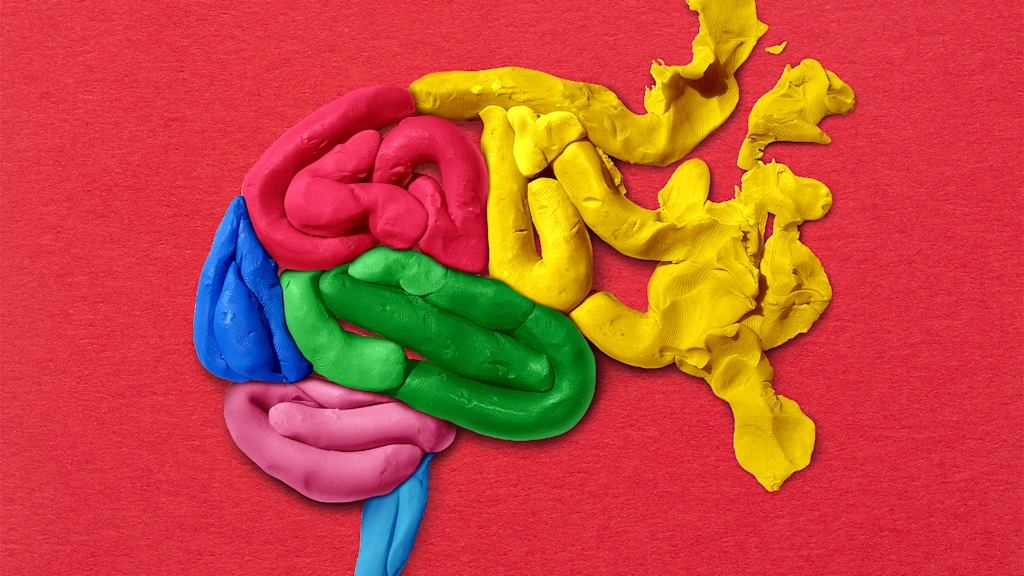
"The new research drew on data collected from the Adolescent Brain Cognitive Development ( ABCD) Study, a massive, long-term study on adolescent health and brain development being conducted in the U.S. The ABCD study is currently following almost 12,000 children from age 9 to 10 as they age, with a particular focus on how things like sports, video games, technology, and other common childhood experiences shape health and behavior outcomes over the years."
"The team analyzed data from more than 6,000 children, ultimately sorting them into three different groups based on their social media habits: a no or very low social media use group, a group that started with low use and began using social media for around an hour each day, and a group that started with high levels of social media use that ramped up to around three hours a day over time."
Data from the Adolescent Brain Cognitive Development (ABCD) Study tracked almost 12,000 children aged 9–10; analysis used data from more than 6,000 participants. Social media use was examined as an interactive, personalized activity distinct from passive screen time. Children were grouped into three trajectories: no or very low use, low initial use increasing to about one hour daily, and high initial use increasing to about three hours daily. Cognitive performance was measured across attention, memory, and critical thinking with a standard test battery. Higher and increasing social media use correlated with worse performance across multiple cognitive domains.
Read at Fast Company
Unable to calculate read time
Collection
[
|
...
]